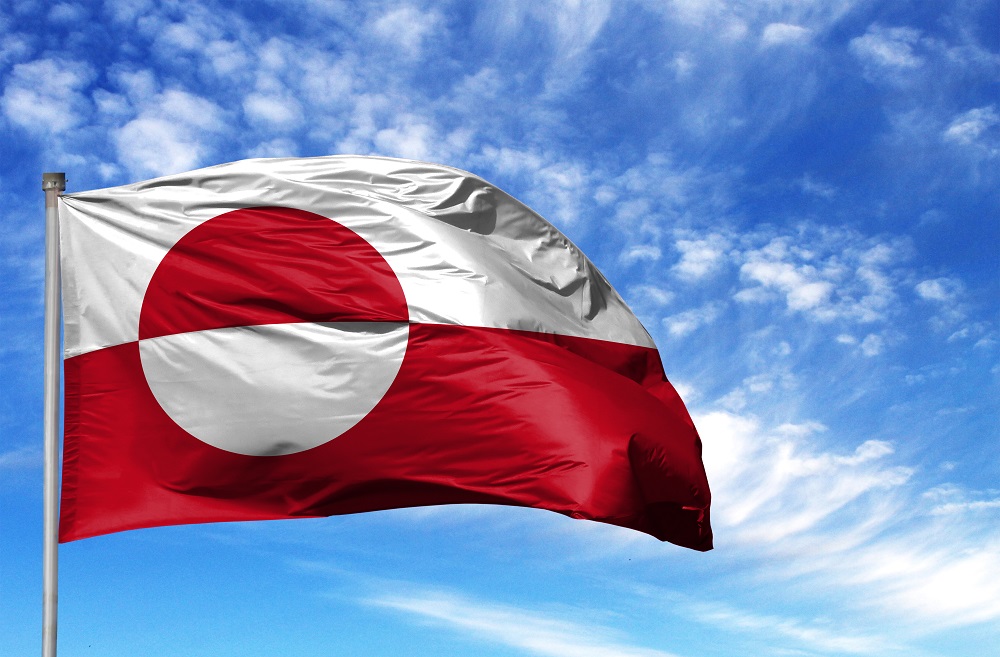Written by Naja Bentzen and Alessandro D’Alfonso,

Having been a part of the European Community since 1973 through Denmark’s membership, Greenland withdrew from the European Community in 1985 after the island secured home rule from Denmark. Since then, Greenland has been associated with the European Union as an Overseas Country and Territory (OCT). The purpose of this association is ‘to promote the economic and social development of the countries and territories and to establish close economic relations between them and the Union as a whole’.
Various documents cover Greenland’s relations with the EU, including the 2014-2020 EU-Greenland Partnership Agreement that aims to contribute to the diversification of Greenland’s economy. The explicit political ambition is to ensure policy dialogue on global issues of common interest. The main areas of cooperation include education and training, energy, climate, environment and biodiversity, natural resources, maritime transport and research and innovation, in addition to Arctic issues.
As part of the partnership, and taking Greenland’s needs into account, the focal point of EU-Greenland financial cooperation is education and training, with a special emphasis on boosting the pre-school and elementary school system, as well as on providing support for vocational education and post-elementary education.
The EU allocates an indicative amount of €217.8 million (current prices) for financial cooperation with Greenland for the 2014-2020 period. The overarching aim of this financial cooperation is to contribute to an inclusive and coherent education system, while specific objectives focus on reducing inequality, improving the quality of the education system, and making it more efficient.
The EU budget channels financial cooperation with Greenland, contrary to the case for all other OCTs, which receive support from the European Development Fund. As regards the aid modality, the European Commission grants budget support for the implementation of the Greenland education programme, which is led by Greenland’s Ministry of Education, Church, Culture and Gender Equality, in cooperation with other ministries and stakeholders.
The evaluation of the 2014 Greenland Decision, which lays down rules for the EU-Greenland Partnership, fed into the mid-term review of the EU’s 2014-2020 external financing instruments (2017). This deemed the choice of education as the focal sector to be relevant to beneficiaries’ needs in Greenland: there is a broad consensus in Greenland that education is ‘the most relevant growth parameter’. The evaluation stressed that the fact that the education sector had been chosen by the Greenland government ensured strong support and ownership.
According to the evaluation, attempts to expand the official policy dialogue to include areas of mutual interest other than education had not yet been achieved. The document added that, while it was still too early to see a significant impact in terms of diversifying Greenland’s economy, the instrument had triggered positive dynamics and contributed to sustainable development by improving educational attainment.
On the basis of the assessment of current external financing instruments, the European Commission has proposed to streamline funding for OCTs and channel it entirely through the EU budget for the post-2020 programming period, with special arrangements for Greenland. The proposed resources for the years 2021 to 2027 amount to €500 million for all OCTs, including Greenland.
Read this briefing on ‘EU cooperation with Greenland‘ in the Think Tank pages of the European Parliament.








[…] Source Article from https://epthinktank.eu/2019/04/16/how-the-eu-budget-is-spent-eu-cooperation-with-greenland/ […]